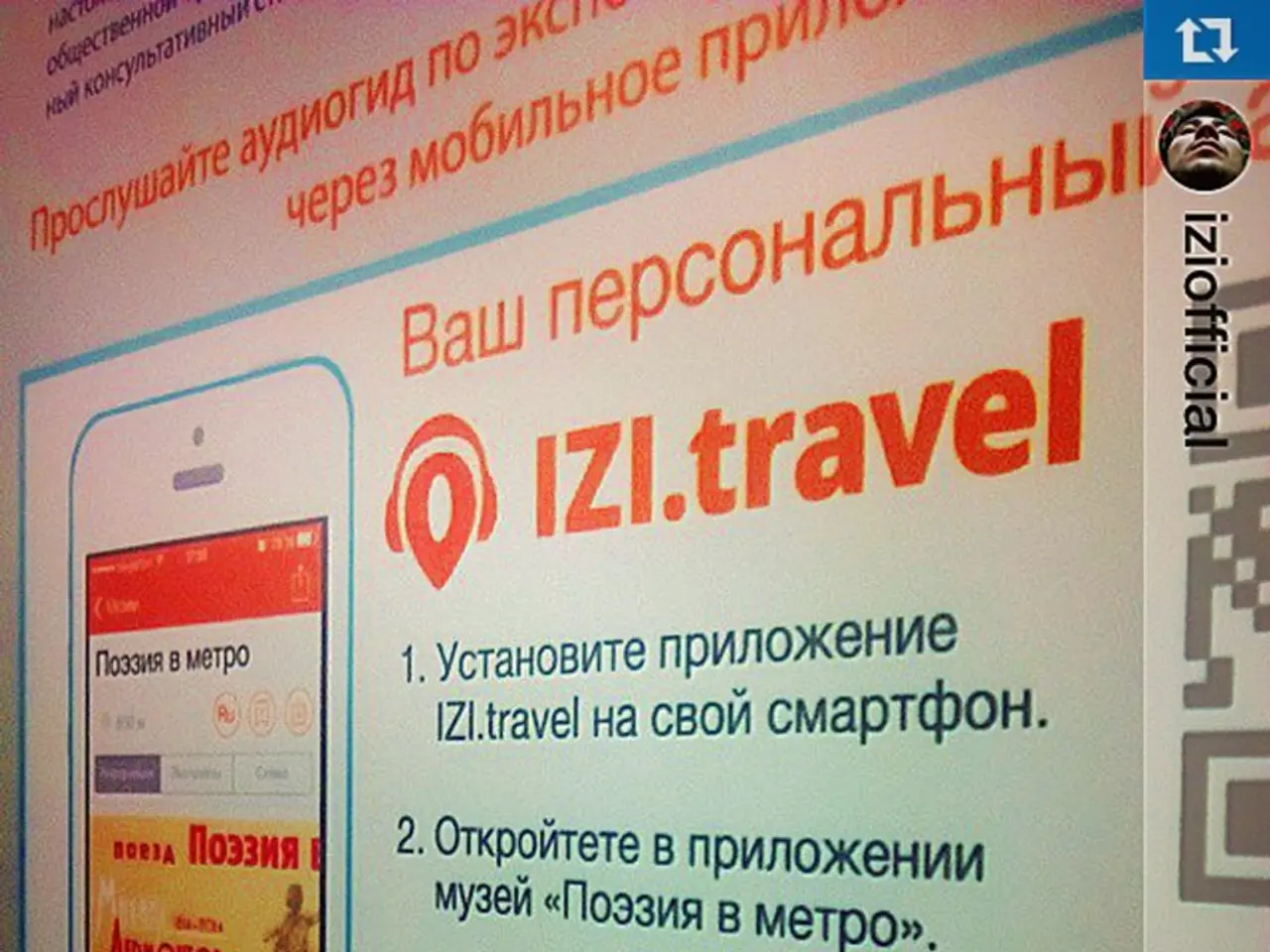Corporate and Political Motives Driving the Effort to Restrict Personalized Advertisements
The European Union is taking a stance against targeted advertising, with the European Commission leading the charge. The Transparency and Targeting of Political Advertising (TTPA) regulation, enacted to increase transparency and curb manipulation via targeted political ads, is part of a broader EU effort to address disinformation, foreign interference, and information manipulation that threaten democratic processes and societal stability.
In response, Meta, the owner of Facebook and Instagram, has publicly opposed these EU bans, describing the new rules as "unworkable" and announcing it will ban political, electoral, and social issue advertising across its platforms in the EU starting October 2025. Meta's CEO, Mark Zuckerberg, has criticized the EU's regulatory approach, calling it "censorship" and expressing concerns about legal uncertainty.
While EU institutions, who legislate and enforce these bans, do not themselves run targeted advertising campaigns, platforms like Meta continue to use targeted ads outside those regulatory scopes. Meta historically and currently uses targeted advertising extensively on its platforms, including hyper-targeted ads linked to user data. However, its decision to ban political targeted ads in the EU is a compliance move, not a change in their fundamental business model.
Non-governmental actors, such as NGOs and non-profits, often use targeted ads but more cautiously. They may have to shift strategies to avoid triggering bans on 'social issue' advertising.
Among the key players advocating for a ban on targeted advertising are the Greens/EFA, the Irish Council for Civil Liberties (ICCL), and European Digital Rights (EDRi). EDRi, which is among the top 15 lobbyists in Brussels on the Digital Services Act (DSA) and Digital Markets Act (DMA), states in its Transparency Register entry that it does not have any direct or indirect financial gain from its activities. However, it has received funding this year from DuckDuckGo and Kobler, a Norwegian company selling contextual ads.
DuckDuckGo, a search engine known for its focus on privacy, spends between 15 to 28 times more on covered activities as a share of its revenue compared to Google. Despite not disclosing its contributions to outside groups publicly on the EU Transparency Register, DuckDuckGo has donated $250,000 to organizations that are part of the Tracking-Free Ads Coalition since 2019. Bits of Freedom, a Dutch digital rights organization, has received $50,000 in contributions from DuckDuckGo over the past two years but has not disclosed this information in its EU Transparency Register entry.
The ICCL, which also called for a ban on targeted ads, does not reveal whether it received funding for its report. The Greens/EFA commissioned a report from Autonomy, a self-described "independent, progressive research organization," calling for a ban on targeted advertising.
It is important to note that companies should promote their interests, and an advocacy group can receive funding from a for-profit entity that wants to promote its interests. However, organizations should maintain editorial independence from their funders and debate the issues on their merits.
Kobler, a minor player in online advertising, has yet to create an entry in the EU Transparency Register. This complex landscape underscores the need for transparency and accountability in the digital advertising industry.
[1] European Commission, "Transparency and Targeting of Political Advertising (TTPA)," accessed October 1, 2023, https://ec.europa.eu/info/law/better-regulation/have-your-say/initiatives/12626-Proposal-for-a-Regulation-on-Transparency-and-Targeting-of-Political-Advertising-and-Amending-Regulation-2011-610
[2] European Parliament, "Resolution on Disinformation and Foreign Interference Online," accessed October 1, 2023, https://www.europarl.europa.eu/doceo/document/A-9-2019-0091_EN.html
[3] The Guardian, "Facebook to ban political ads across EU from 2025," accessed October 1, 2023, https://www.theguardian.com/technology/2021/jul/01/facebook-to-ban-political-ads-across-eu-from-2025
[4] Reuters, "Facebook to ban political ads in EU, cites regulatory uncertainty," accessed October 1, 2023, https://www.reuters.com/world/europe/facebook-to-ban-political-ads-eu-cites-regulatory-uncertainty-2021-07-01/
[5] Wired, "Facebook Will Ban Political Ads in the EU Starting in 2025," accessed October 1, 2023, https://www.wired.com/story/facebook-will-ban-political-ads-eu-starting-2025/
Read also:
- Discussion between Putin and Trump in Alaska could potentially overshadow Ukraine's concerns
- Court petitions to reverse established decision on same-sex marriage legalization
- Independence supporters in New Caledonia refuse agreement offering authority without a vote on sovereignty
- Proposed Standardization of Food Labeling Laws Among Member States by the Commission







